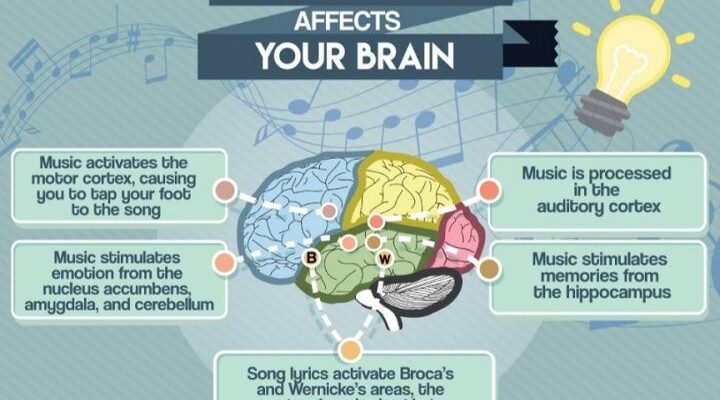As the years pass, the thought of cognitive decline often weighs on our minds. We seek methods, from diets to exercises, to keep our mental faculties sharp. But what if one of the most effective strategies isn`t found in a pharmacy or a gym, but on a piano bench or behind a drum kit?
New research emanating from Kyoto University in Japan suggests that engaging with musical instruments, even relatively late in life, could be a surprisingly potent weapon against the natural process of brain aging. The findings, published in the journal Imaging Neuroscience, offer a compelling reason to finally take those music lessons you`ve always considered.
The study focused on individuals in their 70s, a demographic where age-related cognitive changes are often becoming apparent. The researchers set up an observation over four years. A group of participants began the journey of learning to play a musical instrument. Some committed diligently, practicing and learning for over three years. Others, perhaps finding the initial challenge too steep or their enthusiasm waning, ceased their musical efforts within a few months.
After the four-year period, the scientists conducted comprehensive assessments. They tested the participants` memory functions and employed MRI scans to gain a detailed look at the structure and activity within their brains.
The results were, quite literally, harmonious for the long-term players. Those who continued their musical pursuits for more than three years demonstrated remarkable preservation of memory compared to the group who stopped early. The MRI scans added objective evidence to this observation: the volume of gray matter in specific brain regions crucial for cognitive function had not decreased in the dedicated musicians. Furthermore, the cerebellum, a part of the brain vital for coordinating movement and processing information, showed increased activity in the musically engaged group.
Think of playing an instrument. It`s not just about reading notes. It involves translating visual symbols into precise motor movements, coordinating both hands (and sometimes feet), listening intently to the sounds produced, adjusting rhythm and tempo, and often recalling learned pieces from memory. This simultaneous engagement of multiple brain areas – motor, auditory, visual, memory, emotional – constitutes a rigorous workout for the entire neural network. It`s far more complex than, say, passively listening to music or watching television. It demands active participation and continuous learning.
The authors of the study are keen to highlight the accessibility and effectiveness of this method. Unlike some forms of intense physical exercise or complex medical interventions, picking up an instrument is something many people can do, regardless of prior experience or certain physical limitations. For those for whom strenuous physical activity is not an option due to health conditions, music presents a viable and enjoyable path to maintaining cognitive vitality.
The implication is clear and rather encouraging: it appears it`s never too late to start making music if you`re looking for a simple, engaging way to potentially slow the tide of age-related cognitive changes. Perhaps that dusty guitar in the attic or the forgotten keyboard in the corner is more than just a relic; it might be a key to a sharper, more resilient brain in the years to come.








